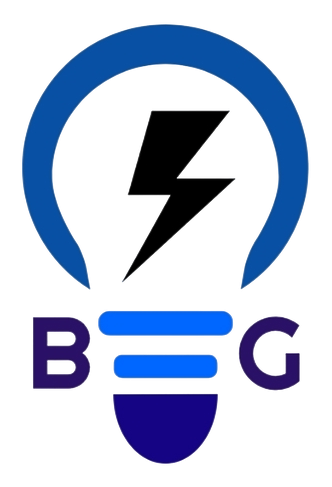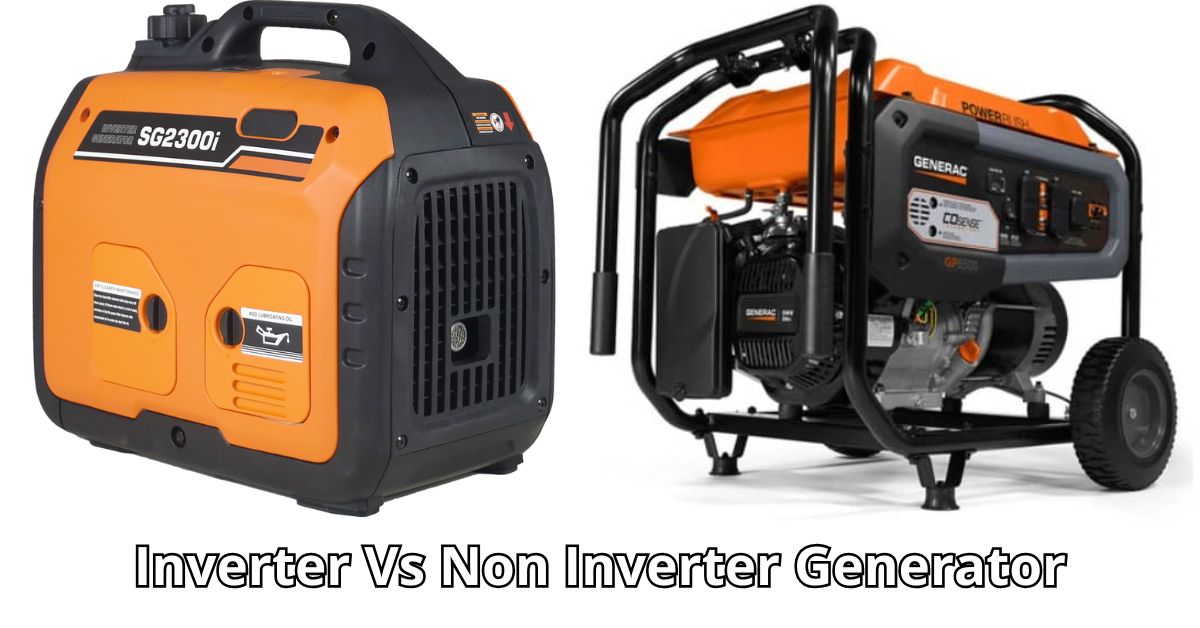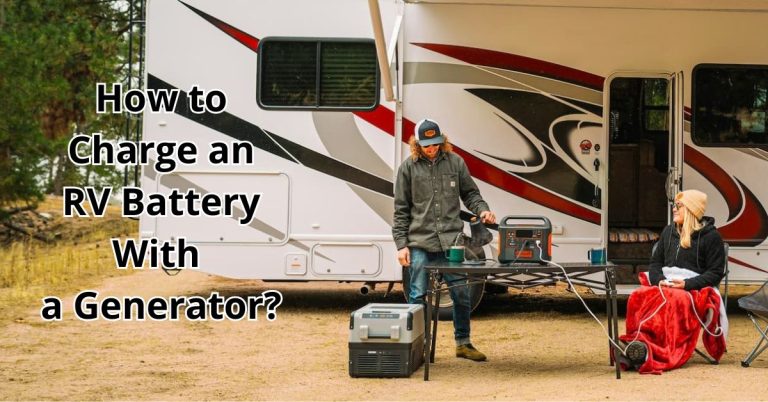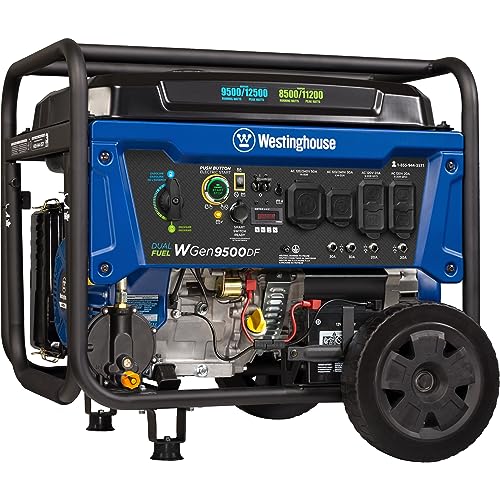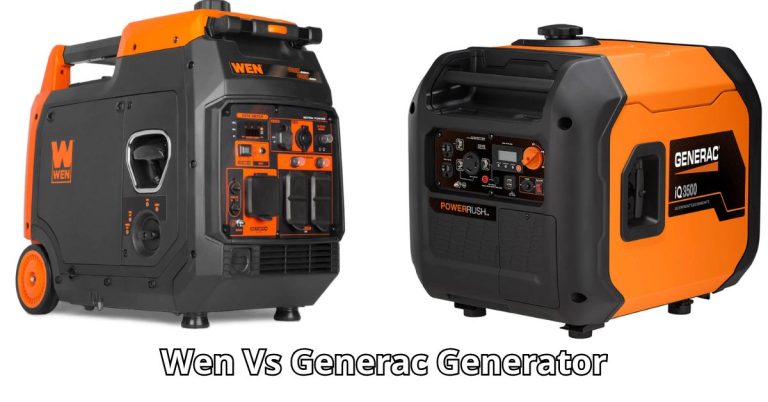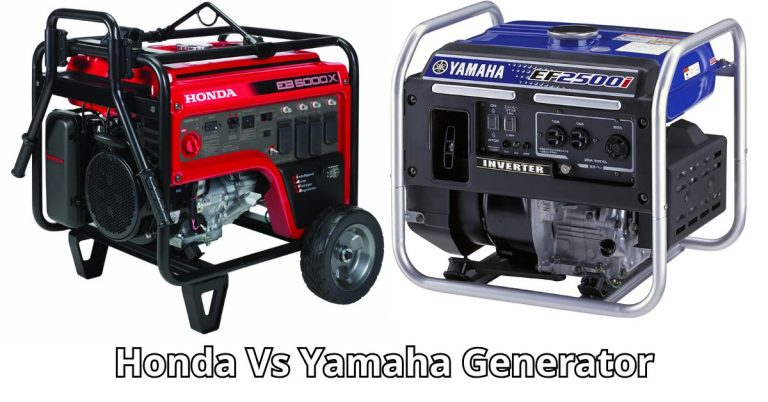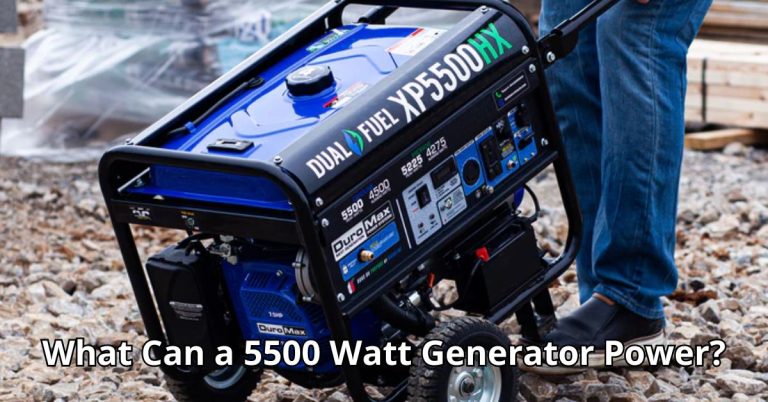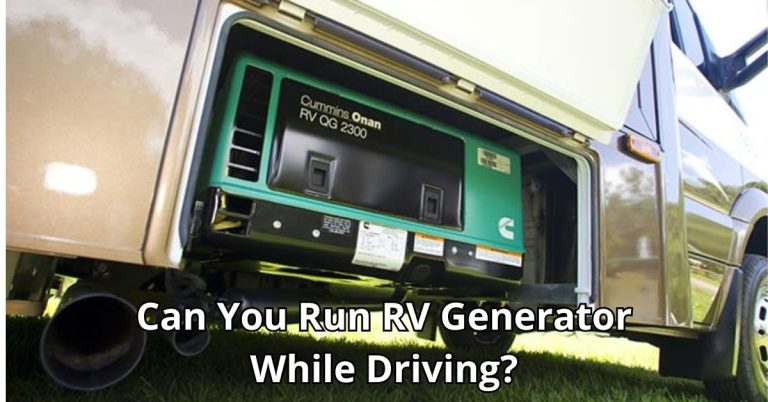Inverter Vs Non Inverter Generator: Which One Should You Choose?
Choosing the right generator can be challenging. Inverter and non-inverter generators each have their own benefits.
Generators are essential, especially during power outages or for outdoor activities. Understanding the differences between inverter and non-inverter generators can help you make a better choice. Inverters are known for their efficiency and quieter operation. Non-inverters, on the other hand, are more straightforward and often more powerful.
This comparison will help you determine which type suits your needs best. Let’s dive into the details and explore what each generator type offers, so you can make an informed decision.
Introduction To Generators
Generators are essential devices that provide electricity during power outages. They are widely used in homes, businesses, and outdoor activities. There are mainly two types of generators: inverter generators and non-inverter generators. Each type has its unique features and benefits. Understanding these differences can help in choosing the right one for your needs.
Purpose And Uses
Generators serve as backup power sources. They keep essential appliances running during power cuts. In homes, they power refrigerators, lights, and medical devices. Businesses use them to maintain operations and avoid downtime. They are also popular in outdoor settings, like camping and tailgating. This makes them versatile and valuable in many situations.
Key Differences
Inverter generators are known for their efficiency. They produce cleaner power, suitable for sensitive electronics. They are also quieter and more fuel-efficient. This makes them ideal for residential use and outdoor activities. Non-inverter generators, on the other hand, are more robust. They can handle larger loads and are often used in industrial settings. They are generally louder and less efficient, but they are more affordable.
Choosing between an inverter and a non-inverter generator depends on your needs. If you need a quiet, efficient power source, an inverter generator is the best choice. If you need a generator for heavy-duty tasks, a non-inverter generator is more suitable.

Credit: www.ramsond.com
Inverter Generator Basics
Inverter generators have become popular for their efficiency and reliability. This type of generator is known for its ability to provide clean, stable power. It is perfect for sensitive electronics. Let’s dive into the details of how these generators work and their advantages.
How It Works
An inverter generator produces electricity in three phases. First, it generates high-frequency AC power. Next, the AC power is converted to DC power. Finally, it converts the DC power back into stable AC power. This process ensures that the power output is smooth and consistent.
Inverter generators use advanced electronics and magnets. This technology allows them to adjust the engine speed based on the power demand. As a result, they are more fuel-efficient and quieter compared to traditional generators.
Advantages
- Fuel Efficiency: Inverter generators adjust engine speed to match the load. This feature reduces fuel consumption.
- Quiet Operation: These generators operate at lower noise levels. They are perfect for camping, tailgating, and residential use.
- Clean Power: The power output is stable and clean. It is safe for sensitive electronics like laptops, smartphones, and TVs.
- Portability: Inverter generators are often compact and lightweight. This makes them easy to transport and store.
- Parallel Capability: Some models allow you to connect two units. This feature increases the power output without sacrificing portability.
Non-inverter Generator Basics
Non-inverter generators are common and widely used. They are often found in homes and businesses. These generators provide reliable power during outages. Understanding how they work and their benefits can help you decide if they are right for you.
How It Works
Non-inverter generators operate on a simple principle. They convert mechanical energy into electrical energy. The engine burns fuel to generate mechanical energy. This mechanical energy turns an alternator to produce electricity. The electricity produced is in the form of alternating current (AC).
The engine runs at a constant speed. This ensures a consistent output of electricity. The generator’s output voltage and frequency may fluctuate. This is due to changes in the engine’s load. These generators are less complex compared to inverter generators.
Advantages
Non-inverter generators are cost-effective. They are usually less expensive than inverter generators. They are also easy to maintain. Their simple design means fewer parts to worry about.
They provide high power output. This makes them suitable for heavy-duty applications. You can use them for running large appliances and machinery. They are ideal for construction sites and large events. Non-inverter generators are robust and durable. They are built to withstand tough conditions.

Credit: www.integratesun.com
Comparing Efficiency
Choosing between an inverter and a non-inverter generator can be tricky. One important factor is efficiency. Efficiency affects both fuel consumption and power output. Let’s explore these aspects in detail.
Fuel Consumption
Fuel consumption is a critical aspect of generator efficiency. Inverter generators adjust engine speed to the power needed. This results in lower fuel usage. Non-inverter generators run at a constant speed. This means they consume more fuel.
Below is a comparison:
| Generator Type | Fuel Consumption |
|---|---|
| Inverter Generator | Low |
| Non-Inverter Generator | High |
Power Output
Power output is another key factor. Inverter generators provide clean and stable power. This makes them ideal for sensitive devices. Non-inverter generators may have power fluctuations. This can harm sensitive electronics.
Here’s a quick overview:
| Generator Type | Power Quality |
|---|---|
| Inverter Generator | Stable |
| Non-Inverter Generator | Variable |
To summarize, inverter generators are more efficient. They consume less fuel and provide stable power. Non-inverter generators may consume more fuel and produce variable power.
Noise Levels
When choosing between an inverter and a non-inverter generator, noise levels play a crucial role. Generators can be quite loud, disturbing the peace in your surroundings. Understanding the noise levels of each type can help you make an informed decision.
Inverter Generators
Inverter generators are known for their quiet operation. They use advanced technology to adjust the engine speed to the power needed. This results in less noise.
- Noise levels typically range from 50 to 60 decibels.
- They are ideal for camping and outdoor activities.
- Inverter generators are quieter than traditional generators.
This makes them suitable for residential areas. You won’t disturb your neighbors. The quiet operation is one of the main selling points.
Non-inverter Generators
Non-inverter generators are louder. They run at a constant speed, regardless of the load. This results in more noise.
- Noise levels can exceed 70 decibels.
- They are more suited for industrial use.
- Non-inverter generators can be disruptive in quiet areas.
They produce a constant hum. This can be annoying over long periods. If noise is a concern, an inverter generator may be a better choice.
| Generator Type | Noise Level (decibels) |
|---|---|
| Inverter Generator | 50-60 |
| Non-Inverter Generator | 70+ |
Portability And Size
When deciding between an inverter and a non-inverter generator, portability and size play a crucial role. Different types of generators offer varying benefits in these aspects. Understanding these differences can help you make the right choice for your needs.
Inverter Generators
Inverter generators are known for their compact design. These generators are usually smaller and lighter. They are easy to move around and store. This makes them ideal for camping trips and outdoor events.
Another advantage of inverter generators is their quiet operation. Their smaller size contributes to reduced noise levels. This can be a significant benefit in residential areas.
Non-inverter Generators
Non-inverter generators tend to be larger and heavier. This can make them less portable. They are often more challenging to move without assistance. Their bigger size can be a drawback if space is limited.
Despite their size, non-inverter generators can provide more power. This makes them suitable for heavy-duty applications. They are often used in construction sites and large-scale events.
Cost Considerations
When choosing between an inverter and non-inverter generator, understanding the cost considerations is crucial. This includes both the initial investment and ongoing maintenance costs. Let’s break it down into two main areas.
Initial Investment
The initial cost of an inverter generator is usually higher than a non-inverter generator. This is due to the advanced technology and additional features it offers. Below is a comparison table to illustrate the difference:
| Generator Type | Initial Cost |
|---|---|
| Inverter Generator | Higher |
| Non-Inverter Generator | Lower |
While inverter generators are more expensive upfront, they provide benefits such as quieter operation and fuel efficiency. These benefits can offset the higher initial cost over time.
Maintenance Costs
Maintenance costs are another important factor. Inverter generators often require less maintenance due to their advanced design. This can lead to long-term savings. Here are some points to consider:
- Inverter generators have fewer moving parts, reducing wear and tear.
- They typically require less frequent oil changes.
- Non-inverter generators may need more regular servicing.
Inverter generators are generally more durable, resulting in lower long-term maintenance expenses. Non-inverter generators, while cheaper initially, might incur higher maintenance costs over time.
In summary, while inverter generators have a higher initial cost, their lower maintenance needs and additional benefits can make them a cost-effective choice in the long run.
Best Uses For Each Type
Choosing between an inverter and a non-inverter generator depends on your needs. Each type has its strengths and ideal uses. Let’s explore the best uses for each type.
Inverter Generators
Inverter generators are known for their efficiency and quiet operation. They provide stable power, making them perfect for sensitive electronics. Their compact size is ideal for camping trips. Inverter generators work well in residential areas due to their low noise levels. They offer better fuel efficiency, saving you money in the long run. Many people use them for tailgating events and outdoor parties. Their clean power output is suitable for laptops, phones, and medical devices.
Non-inverter Generators
Non-inverter generators are often used for heavy-duty tasks. They are perfect for construction sites and large appliances. These generators can handle high power demands effectively. Their robust design makes them suitable for industrial use. Many homeowners use them as backup power during outages. Non-inverter generators provide reliable power for refrigerators, sump pumps, and heaters. Their higher power output can support multiple appliances at once.
Making The Right Choice
Choosing between an inverter and a non-inverter generator can be tough. Each type has its benefits and drawbacks. Understanding these can help you make the right choice for your needs. This section will guide you through assessing your requirements and provide some final thoughts to help you decide.
Assessing Your Needs
First, think about what you need the generator for. Are you powering sensitive electronics? An inverter generator might be the best option. Inverter generators provide clean and stable power. This is ideal for laptops, smartphones, and other devices.
Do you need a generator for heavy-duty equipment? A non-inverter generator might be better. These generators can handle higher loads. They are often more cost-effective for larger power needs.
Consider the noise level. Inverter generators are quieter. They are great for camping and residential areas. Non-inverter generators tend to be louder. This might be a concern in noise-sensitive environments.
Final Thoughts
Choosing the right generator depends on your specific needs. Inverter generators offer clean power and quiet operation. They are suitable for sensitive electronics and noise-sensitive areas. Non-inverter generators are better for heavy-duty tasks. They can handle higher power loads and are often more affordable.
Think about your power requirements, budget, and noise concerns. This will help you make a more informed decision. Both types of generators have their place. The key is to match the generator to your needs.

Credit: www.electricgeneratorsdirect.com
Frequently Asked Questions
What Is An Inverter Generator?
An inverter generator produces cleaner energy and is more fuel-efficient. It’s quieter and ideal for sensitive electronics.
How Does A Non-inverter Generator Work?
A non-inverter generator runs at a constant speed. It generates power directly without converting it, which can be less efficient.
Which Is Quieter, Inverter Or Non-inverter Generator?
Inverter generators are generally quieter due to their advanced technology. They operate at lower noise levels.
Are Inverter Generators More Fuel-efficient?
Yes, inverter generators are more fuel-efficient. They adjust engine speed based on demand, saving fuel.
Conclusion
Choosing between an inverter and a non-inverter generator depends on your needs. Inverter generators are quieter and more fuel-efficient. Non-inverter generators are typically more powerful and cost-effective. Think about your power requirements and budget. Both types have their pros and cons.
Weigh these factors carefully. Make an informed decision. Enjoy reliable power for your home or business.
